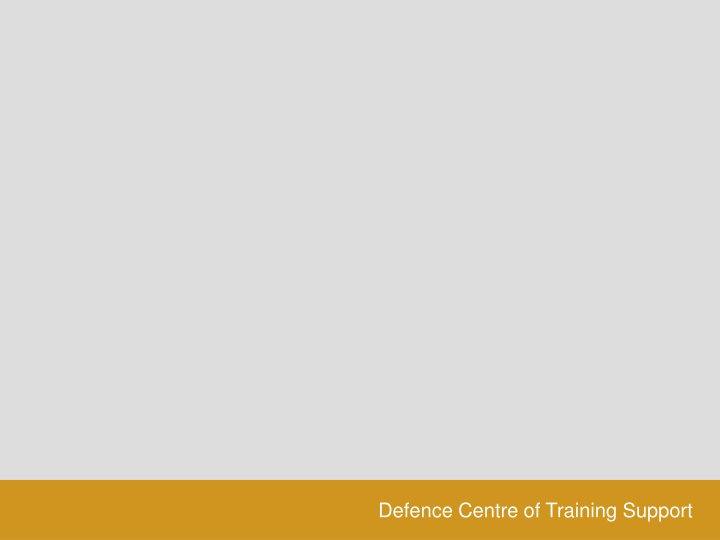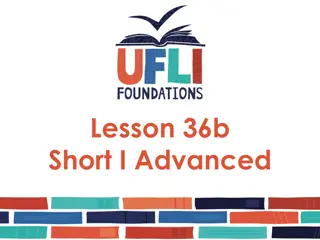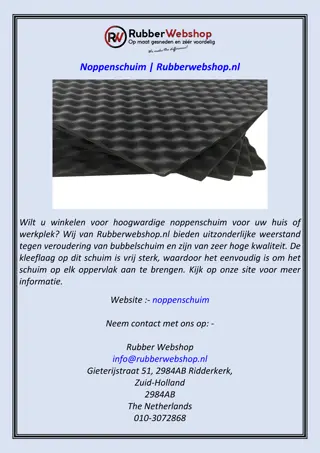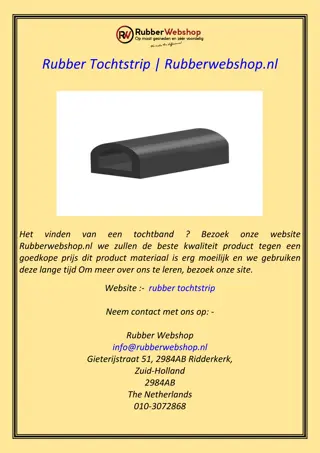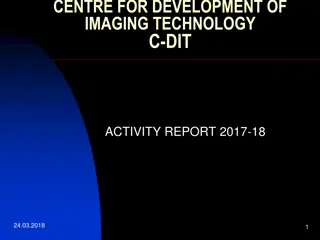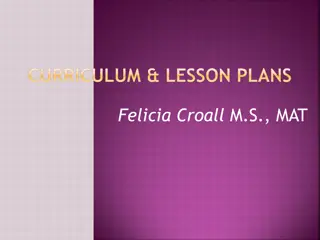Enhancing Learning Through Effective Questioning Techniques
Explore the array of sensory inputs and experiential learning methods at the Defence Centre of Training Support. Discover the significance of asking good questions and how they contribute to effective learning outcomes. Learn about the objectives, qualities, and purposes of good questions, as well as techniques for handling student answers and inquiries. Elevate your training and teaching skills through innovative instructional approaches.
Download Presentation

Please find below an Image/Link to download the presentation.
The content on the website is provided AS IS for your information and personal use only. It may not be sold, licensed, or shared on other websites without obtaining consent from the author.If you encounter any issues during the download, it is possible that the publisher has removed the file from their server.
You are allowed to download the files provided on this website for personal or commercial use, subject to the condition that they are used lawfully. All files are the property of their respective owners.
The content on the website is provided AS IS for your information and personal use only. It may not be sold, licensed, or shared on other websites without obtaining consent from the author.
E N D
Presentation Transcript
Sensory Inputs Visual Audio Kinaesthetic Gustatory Olfactory Seeing Hearing Feeling Tasting Smelling Defence Centre of Training Support
Experiential Learning We learn best when we are actively involved in the learning process. Through our own discoveries and our own experiences. Prof David Kolb (Educational psychologist) Defence Centre of Training Support
Question & Answer Technique Defence Centre of Training Support
Range Question policy Time Notes Content / Test. Defence Centre of Training Support
Objectives By the end of this lesson you will be able to: State the purpose and qualities of good questions State the methods of asking questions State the method for handling student answers State how to deal with student questions List the types of questions used. Defence Centre of Training Support
The Purposes of Questions To produce reliable feedback, arouse and maintain student interest Promote effective learning. Defence Centre of Training Support
The qualities of good questions When dog handlers are bitten by their dogs, why must they be destroyed? Why must dogs be destroyed if they bite their handlers more than three times? Defence Centre of Training Support
The qualities of good questions Has the fact that your peregrinations in this metropolis have not yet been extensive, made it difficult for you to penetrate this epitome of modern Babylon? Have you lost your way? Defence Centre of Training Support
The qualities of good questions Concise and precise Use clear language Avoid ambiguity Thought provoking and challenging Start with an interrogative What, Who, Where, When, Why, How. Defence Centre of Training Support
When nominating questions Pose - The question Pause - To let the class think Pounce - Randomly Defence Centre of Training Support
Nomination Methods Individual nomination Syndicate/group nomination Factors to consider Size of class Maturity and ability of class Difficulty of question. Defence Centre of Training Support
Handling Student Answers Correct answer State that the answer is correct Repeat the answer to the class Consider giving appropriate praise. Defence Centre of Training Support
Handling Student Answers Incorrect answer State that the answer is incorrect Rephrase the question Allow the original student to respond. Defence Centre of Training Support
Handling Student Answers If the answer is still Incorrect Open up the question to another trainee or the class If correct (State, Repeat and Praise) Check original student understands If no one can give the correct answer, give it yourself and consider reviewing the KLP. Defence Centre of Training Support
Dealing with Class Questions Repeat back to class and answer If covered later say so but do not skip ahead Be encouraging but don t waste time If question relevant If question irrelevant If you do not know the answer Admit it, find out answer, pass on knowledge later. Defence Centre of Training Support
Types of Questions Teaching Questions: These involve students in the development of new ideas, concepts and encourage natural problem solving abilities These consist of: Reasoning Questions Analogies Comparisons. Defence Centre of Training Support
Reasoning Question What does a pilot need to land a plane safely? Defence Centre of Training Support
Problem: Pilot sits forward in the aircraft, with a restricted view, the aircrafts wheels are hidden out of sight. Q - What is the problem for the pilot when coming in to land? A The pilot cannot be sure that the under-carriage is down and locked. Defence Centre of Training Support
With this in mind, the pilot high up and his landing gear out of his sight. Q - What does the pilot need to land their aircraft safely? A - Something to indicate the position of the undercarriage. Solution: Cockpit Indication Defence Centre of Training Support
Analogy A story where comparisons of two or more similar objects is made, suggesting that if they are alike in certain respects, they will probably be like in other ways too. Hydraulic Pump Muscular Pump Defence Centre of Training Support
Comparison We have all seen maps in one form or another, if forested areas are coloured green and waterways are coloured blue what colour would you expect the contours that depict the lie of the land/earth to be? Defence Centre of Training Support
Types of Questions Teaching: Used during introduction and development phases To involve students in the development of new ideas and concepts. Defence Centre of Training Support
Types of Questions Testing: Check level of student knowledge Test during consolidation phase To confirm previous knowledge or lessons during the introduction phase. Defence Centre of Training Support
Testing Questions Why does the pilot need a cockpit indicator? What are the three main component parts of a theory lesson? Defence Centre of Training Support
Other Types of Questions Open questions Closed questions Yes/No = 50/50 Rhetorical What do you think? Defence Centre of Training Support
Summary The Purposes of Questions To produce reliable feedback Arouse and maintain student interest Promote effective learning. Defence Centre of Training Support
Summary The qualities of good questions The methods of asking questions The method for handling student answers How to deal with student questions Types of questions used. Defence Centre of Training Support
Objectives By the end of this lesson you will be able to: State the purpose and qualities of good questions State the methods of asking questions State the method for handling student answers State how to deal with student questions List the types of questions used. Defence Centre of Training Support
Test Defence Centre of Training Support
Link Syndicate Introductions Questioning Techniques 2 Reference DIT/DTTT Handout Defence Centre of Training Support
Any Final Questions ? Defence Centre of Training Support
